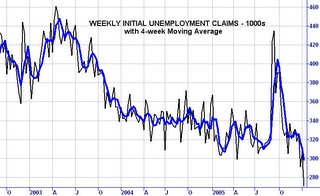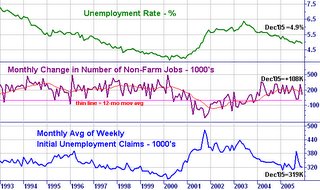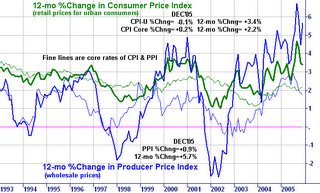Following the post “
Lets Talk About Leverage” in the blog
MillionDollarGoal, I would also like to share some thoughts on that issue. I consider the process of investing with leverage is actually well known (and if not, you should at least read the above mentioned post). The essence is probably best described like this: it is an investment through secured borrowing.
But first may be some more basics:
There are generally two ways to get leverage on investment: through buying on margin (or via the currently very popular knock-out products, futures etc., but its all more or less the same principle) or buying a stock option (warrant).
After all, it all can be derived from “borrowing money” but there are some important differences in the practice.
The first is limited through the margin (price), the second through a time-limit. One of this limitations must be given, other-ways I am a millionaire in just few years.
So, it is time or volatility that kills you.
In the first case the borrowed money is secured by the margin, hence if the underlying falls (or gains) to a certain level (the margin), the investment turns worthless (formal logic is - the whole investment with the borrowed money is executed and the borrowed sum is payed back to the borrower, whereas the rest remaining for you is zero). So you can not decide free on how long you can hold on the investment - you depend additionally on the market moves.
A stock option can be hold to the settlement date independently of the development of the underlying during this time period, but it is typically losing value with time progressing.
For example a leverage of 10 for the DOW is provided currently via buying on margin at 10% (ca. 9.640) and something like strike at 13.000 expiring Dec. 2007. I am quite sure the DOW will gain over time and will pass the 13.000, but will it not first go under 9.640 (which kills the first investment) or will it happen not until Dec. 2007 (which kills the second investment)?
The investment in leveraged products is not very “prudent”. A prudent investments I aways consider such with long time-horizon. As the leverage is provided (directly or indirectly) by borrowed money, there is interest to pay (besides the market risk). This is also the point on which Loi Tran from
Investing Guide comments as follows:
“I would not use leverage such as buying on margin when investing in the stock market. The interest paid on the borrowed money eats into the returns and there is no guarantee that you'll make money. So when investing in the stock market, I'd only invest money that I can afford to lose.
Real Estate is a different and most people buying real estate use leverage.”
This comment includes the first points I’d like to stress:
The investment in the stock markets is risky enough still without the leverage effects. The investor should consider very carefully, if he/she can bear the additional risk. Though the sentence “So when investing in the stock market, I'd only invest money that I can afford to lose” is not fully correct. By selecting an appropriate relative investment capital and leverage I can have just the same overall exposure to the market risk and just loose the money “I can afford”.
The main effect of leveraged investment is clear: the percentage gain (or loss) of the invested capital is a multiple of the development of the underlying. But this way you can reduce by the same multiple the capital investment to achieve the same gain. This can free up liquidity. For example, you have a portfolio of $1.000 solidly invested with actually no intention to sell - to come what may... But suddenly you need $500 for something else. You can shift your investment into $500 on margin of 2 (50%) and $500 cash. The market may do what it wants, the next month you can go back to your solid investment at the value it would have, if you stayed in the market (subtracting small interest). Its like a credit card. And you have bridged a liquidity problem.
But there is the temptation to put irrationally much money on margin - that can ruin you of course. You have to be disciplined. You take over much risk (from the borrower), so you should have a very good sense of the risk priced in the market. In a word: you have to be good.
stocks bourse leverage risk






